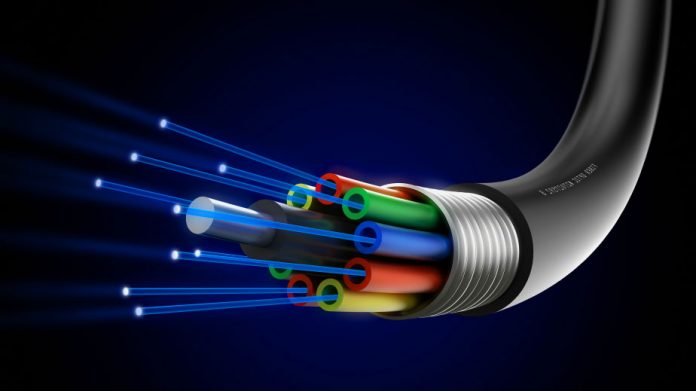Facebook has a new plan to get more of Africa online: Fiber optic cables.
The social giant on Monday announced plans to lay nearly 500 miles of fiber cable in Uganda by the end of the year, infrastructure that Facebook believes will provide internet access for more than three million people.
Facebook is not, however, providing its own wireless network. The company is partnering with Airtel and BCS to provide the actual internet service, and says the fiber will offer more support for “mobile operators’ base stations.” The company also says that it’s “open” to working with other network providers down the line.
All three organizations are making some kind of financial commitment to the project, according to a person familiar with the deal, though it’s unclear who is paying for what.
CEO Mark Zuckerberg has been trying to fix that, both with infrastructure and with efforts to lower the cost of wireless data.
In India, for example, Facebook tried to make some internet services free for some users, including its own social network. Indian regulators pushed back because of net neutrality concerns, and the free service was ultimately blocked.
But now Facebook is at it again, this time with fiber cables. It’s a new approach for the social giant, but not new to Silicon Valley. Alphabet has also been laying fiber in the United States, though those efforts have hit road blocks, including layoffs, in part because digging up the dirt and laying fiber cable is expensive.
Facebook declined to share details on the cost of the fiber project in Uganda.
Africa is home to over 1.2 billion people, but only 226 million smartphones were connected to the internet by the end of 2015, according to The Guardian. That number is expected to triple by 2020.









